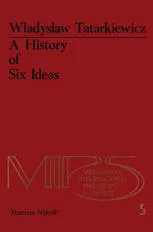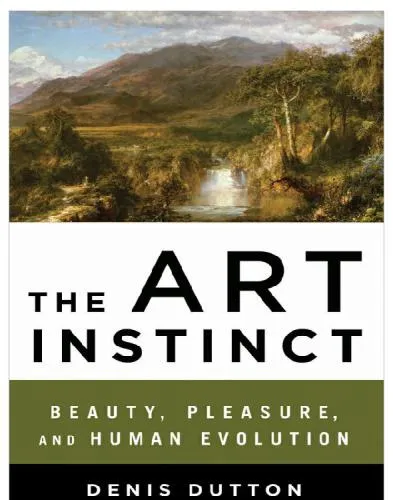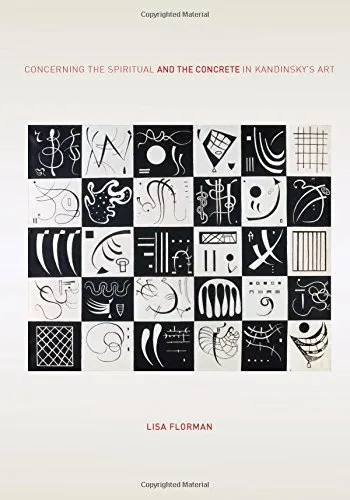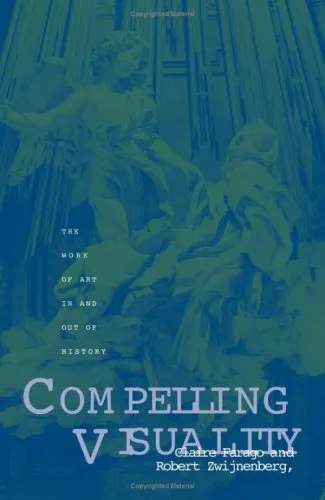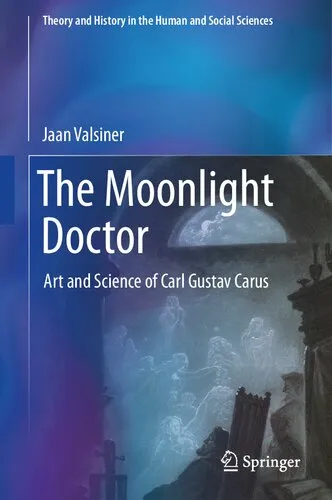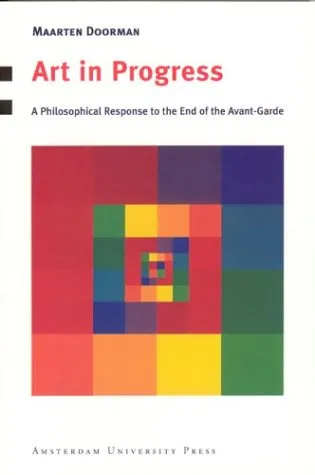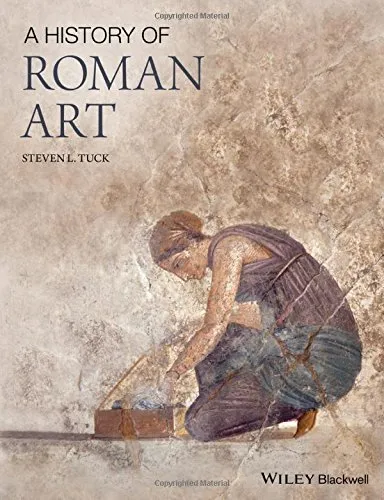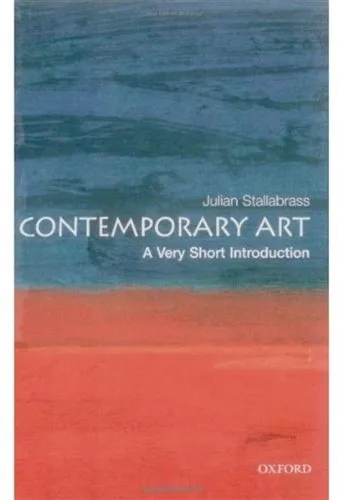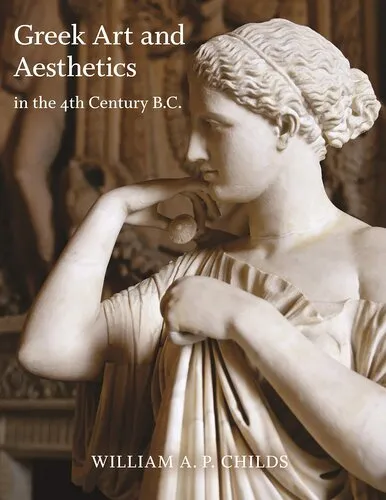A History of Six Ideas: An Essay in Aesthetics
4.0
Reviews from our users

You Can Ask your questions from this book's AI after Login
Each download or ask from book AI costs 2 points. To earn more free points, please visit the Points Guide Page and complete some valuable actions.Related Refrences:
A Detailed Summary of 'A History of Six Ideas: An Essay in Aesthetics'
'A History of Six Ideas: An Essay in Aesthetics' by Władysław Tatarkiewicz is a seminal work that explores the philosophical underpinnings of aesthetics through the concept of six central ideas. These ideas - Art, Beauty, Form, Creativity, Mimesis, and Taste - traverse the complexity of aesthetic thought from ancient times to the contemporary era. By dissecting these fundamental concepts, Tatarkiewicz provides an unparalleled examination of how they have influenced broader cultural and intellectual discourses.
The book begins by historically contextualizing each idea, illustrating how perceptions have evolved. It then delves into how these ideas intersect and influence each other in the realm of aesthetics. From the Platonic idea of Mimesis to Renaissance-inspired notions of Beauty, the work is a profound exploration of philosophical shifts that have shaped our understanding of art and aesthetics. Tatarkiewicz's meticulous approach serves as both a scholarly reference and a narrative that unravels the philosophical journeys of these six ideas.
Key Takeaways
Through Tatarkiewicz's exploration, readers are presented with the changing meanings and relevance of aesthetic concepts over time. Here are some key takeaways from the book:
- The Evolution of Art: Art ceases to be solely about craft, developing into expressions of human creativity, emotion, and perception.
- The Complexity of Beauty: Beauty is seen not just as a property of objects but as a reflection of cultural, philosophical, and subjective narratives.
- Form and Function: The dialogue between 'form' and 'function' invites readers to contemplate the purpose and aesthetic value in the world around us.
- Creativity's Role: Creativity is highlighted as an essential driving force in shaping artistic expression and human innovation.
- Mimesis Reinterpreted: The idea of Mimesis evolves from an imitation of reality to a means of creation and interpretation.
- The Subjectivity of Taste: Taste becomes a reflection of individuality, indicating a personal aesthetic palate, inherently tied to one's experiences and perceptions.
Famous Quotes from the Book
'A History of Six Ideas' is replete with thought-provoking statements and insights. Here are a few notable quotes:
"Art is not a mere reflection of reality, but a transformative power that renders the unseen visible."
"Beauty, once perceived as an attribute of objects, is now increasingly viewed as an interplay of senses and cultural constructs."
"Creativity does not come from nothing, but rather from the intersection of inspiration, experience, and innovation."
Why This Book Matters
Tatarkiewicz's 'A History of Six Ideas' holds immense significance for students, scholars, and enthusiasts of philosophy and aesthetics. It traverses the historical and theoretical landscapes of aesthetic philosophy, offering insight into the enduring questions about art and beauty that are central to human experience. This book matters not only because it clarifies complex ideas but also because it thoughtfully integrates them into a narrative that is both meticulous and enlightening.
In a world increasingly dominated by visual culture, understanding how these six ideas continue to shape our interactions with art and aesthetics is crucial. Tatarkiewicz’s exploration lays down a foundation for contemporary discourse on aesthetics, bridging historical perspectives with current and future reflections in the field of art and beyond.
Free Direct Download
You Can Download this book after Login
Accessing books through legal platforms and public libraries not only supports the rights of authors and publishers but also contributes to the sustainability of reading culture. Before downloading, please take a moment to consider these options.
Find this book on other platforms:
WorldCat helps you find books in libraries worldwide.
See ratings, reviews, and discussions on Goodreads.
Find and buy rare or used books on AbeBooks.
1592
بازدید4.0
امتیاز0
نظر98%
رضایتReviews:
4.0
Based on 0 users review
Questions & Answers
Ask questions about this book or help others by answering
No questions yet. Be the first to ask!
